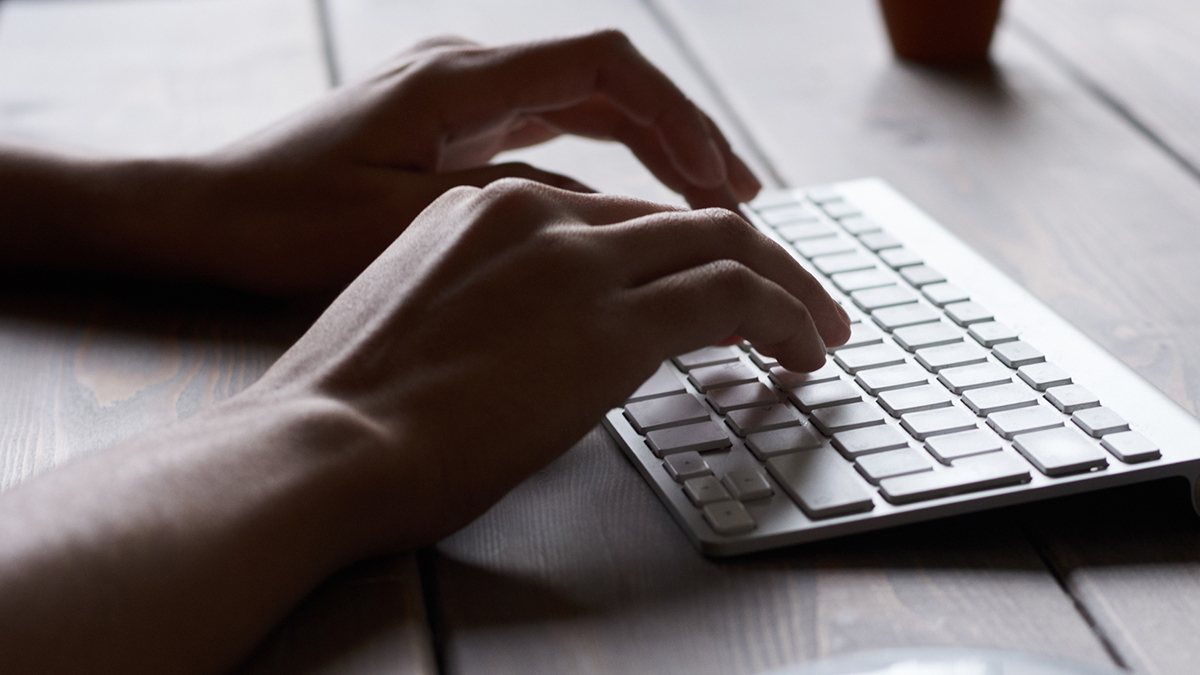Spirit as a marker on the map
The common elements I experience in our unprogrammed Quaker meeting are that we ask to be led, we listen, we get a message, we act on it, and we like the result (“Spirit?” by Ann Birch, FJ June/July). How that’s done is probably different for everyone there: Christian, Buddhist, Pagan, Wiccan, Pantheist, or empiricist (“I do it and it works”).
The label is at best a marker on the map; it’s not the territory. Thomas Merton called “it” the “inner spirit infused with God” and asserted it is available to all of us. And even that is just more detail on the map, not the territory.
We are also aware that one’s leading is for one, not for all, until tested and found to be so. Spiritual discernment both broadens and sharpens our leadings.
Worship for us means the act of listening, however accomplished, to that place beyond words, however named and conceptualized, with an open heart and mind.
Practice leads to progress. Many of us have had various mystical experiences common among Friends—for example, watching oneself give a message and then being unable to remember what was said. As the yoga teachers of old caution, these are only side-effects of spiritual practice, neither targets nor stopping places.
Hank Fay
Berea, Ky.
What do people want?
I was immediately drawn to your article on “What People Really Want from Church and Quaker Meeting” (Donald W. McCormick, FJ Aug.). I have to admit that I should be the last person you would want advice from on matters of church. My wife and I had been members of an Old Order-style church for several years when we found ourselves at odds with church doctrine concerning the baptism of the Holy Spirit. Afterward we attended a number of churches and prayed for guidance but found no church home. After a while we quit going and focused on prayer and relying on God to fill our spiritual needs. The scripture comes to mind: “Draw near unto God and God will draw near unto you.”
One thing that I admire about the Quakers is that they are a society of religious friends that encourages spirituality and the search for direct communication with God. The works that you do show me that your people are listening. The low number of members recalls to me the words “straight is the way and narrow the gate and few there be that find it” as well as the words of Peter, “you are pilgrims and strangers.”
All the churches that we have attended put a lot of stock in people coming to them for spiritual understanding. I am reminded of the blind guide leading the blind: shall they not both fall into the pit? What good does it do to have thousands of members and only a few who know God? Beware of the place where church replaces God.
Randall McKenney
Scottville, Mich.
A few years ago, I looked at the membership numbers across all yearly meetings belonging to Friends United Meeting from 1906 up until the turn of the century. There are a few dips and surges, but basically I found a straight-line decline over that time period. Over the last 40-plus years, it’s been running about 1 percent decline per year, which is roughly in line with your figures.
The straight-line nature of the graph says to me that it’s not the fault of any particular yearly meeting, or any individual yearly meeting leadership, but something more to do with larger demographics. My best guess is that Quakers have simply failed to reproduce in adequate numbers to offset deaths and departures. This is a well-documented trend affecting many other denominations as well.
Years ago, a Quaker researcher told me that the “natural” size for most Quaker meetings is about 35 members. Growth above this level takes a tremendous amount of work and organization, which most Quaker meetings are ill-prepared and ill-inclined to do. Many meetings of my acquaintance have a kind of snobbery about their small size. Quakers also value the family feeling of a smaller group, and when the meeting grows we complain that we don’t know everyone in the meeting. There’s a kind of suspicion that larger meetings are using tricks to grow, or that they are somehow less spiritual than the small, devoted remnant meetings with 25 or 30 members.
I’ve worked with meetings of different sizes and I appreciate this criticism. On the other hand, there are simply a lot of really great things you can do with a larger group. You can have a much more effective youth program and more adult discussion groups catering to different interests. With a larger meeting, you can more easily find kindred Friends who are deeply interested in peace activism, or singing together, or serious study of the Bible or Quaker history. Smaller meetings have a lot of trouble reaching “critical mass” for different groups like these.
Most small meetings simply don’t have the resources for the kind of membership training that McCormick recommends in his article (even larger meetings can struggle with this). It’s one of the reasons why the week-long workshops at Friends General Conference Gathering are so popular. Friends United Meeting and many yearly meetings used to do this, but financial pressures and the limited number of people who can take a week off for a conference have cut into this type of ministry. I have long advocated that quarterly meeting is a better sponsor for serious educational ministry.
Josh Brown
High Point, N.C.
Useful summary or backdoor creed?
I agree with most of the points that Arthur Larrabee raises in “9 Core Quaker Beliefs” (QuakerSpeak.com, July). I would want to clarify that I’m more in tune with Henry Cadbury’s view on the Bible, as presented in his leaflet “Friends and the Bible.” The Bible is “one source,” not the only source. Many if not most unprogrammed Friends certainly do not accept some of Paul’s writings (on homosexuality, for example).
“You will say Christ saith this, and the apostles say this, but what canst thou say? Art thou a child of Light and hast thou walked in the Light, and what thou speakest is it inwardly from God?” —George Fox, 1652
William R. Martin
Wilmington, Ohio
I became a convinced Quaker in the spring of 2015 after a fairly intense initial study over an eight-month period. Since that time I have read numerous books, pamphlets, and online literature, and have also taken a few short courses offered by various Quaker authors and teachers. All have added to my understanding and have helped me grow in my faith. But none has described what Quakers believe as well as Larrabee has done in this video. I would love to be able to download this video to share with family and friends.
Larry Muller
Vienna, Ohio
This summary strikes harmonious chords with many Friends. However, for me, while I recognize that the roots of Quakerism are in Christianity, it’s not rooted there. Quakerism is dynamic, which explains its many schisms. There’s a tension between individualism and corporatism.
While regarding myself as a Quaker, I don’t share Larrabee’s belief in God as an omniscient supernatural being responsible for the design and creation of the universe and revealing the truth to one species on one planet. I see the Bible as a record of Jewish political and spiritual history, as the writers and subsequent Christian editors wished it to be. Like Bishop John Shelby Spong of the Episcopalian Church, I see Jesus as more a concept and spiritual experience than an historical figure or divine being.
I find the Quaker community both inspirational and challenging—as I believe it should be. One of these challenges is this tension between individualism and corporatism. I see very little need for “we” in my Quaker spiritual practice. If the desired outcome is a spiritual journey, it is by its nature individual, even when aided by community.
Espousing core beliefs—no matter how well intentioned—risks introducing a creed. In Larrabee’s summary, as with the misuse of other summaries, I see more danger than need, through striving for identity by exclusion and discipline.
Jonathan Lee
Auckland, New Zealand
I appreciate all the comments and the video. I am not a Quaker, but I find this summary very helpful in showing how Quakers are different from most Christian denominations (all of the ones I am familiar with). Yes, to promote these as a creed is not the intent of the video. But to help other people who have no idea what Quakers are, I believe it is a great introduction—an “opening,” as it were, to what the Jesus and biblical traditions provide. It’s more as a starting place. Quakers do not have to adhere to any set of beliefs; perhaps offering these as a place from which to bounce off of is a very helpful gesture.
Joella
British Columbia
This should be a useful resource for presentation to those inquiring in Philadelphia and Baltimore yearly meetings (my experience). At the beginning Larrabee limits it to unprogrammed Friends. This is a very small minority of Quakers worldwide, and even a minority within Quakers in North America. This needs to be explained.
Gene Hillman
Brookhaven, Pa.




Comments on Friendsjournal.org may be used in the Forum of the print magazine and may be edited for length and clarity.